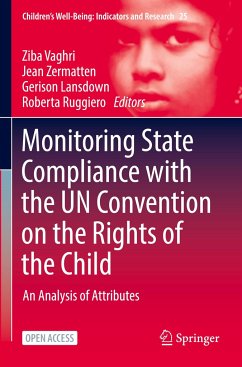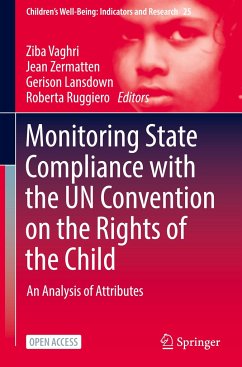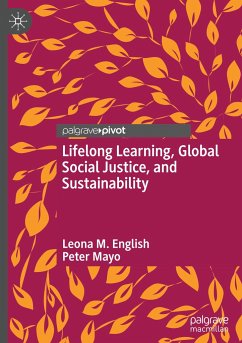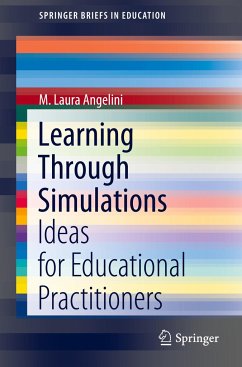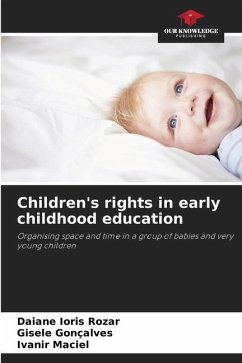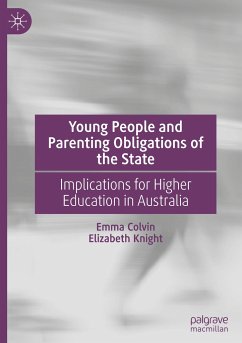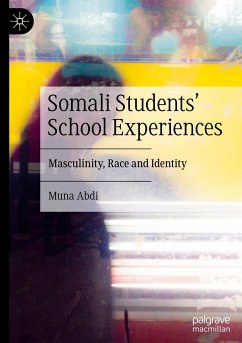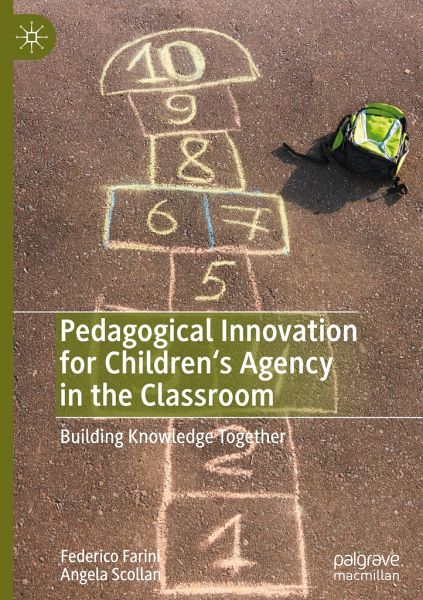
Pedagogical Innovation for Children's Agency in the Classroom
Building Knowledge Together
Versandkostenfrei!
Versandfertig in 6-10 Tagen
121,99 €
inkl. MwSt.
Weitere Ausgaben:

PAYBACK Punkte
61 °P sammeln!
This book introduces the use of facilitation to support children's agency in the classroom as authors of knowledge. The authors draw on research undertaken in two Year Three classrooms, in which children were invited to share photographs in a workshop to facilitate the sharing and creation of narratives. Motivated by the idea that elevating children's status to constructors of knowledge is essential for a pedagogy of authentic listening, understandings of childhood are challenged in relation to the UN Convention on the Rights of the Child and the tension between self-determination and the prot...
This book introduces the use of facilitation to support children's agency in the classroom as authors of knowledge. The authors draw on research undertaken in two Year Three classrooms, in which children were invited to share photographs in a workshop to facilitate the sharing and creation of narratives. Motivated by the idea that elevating children's status to constructors of knowledge is essential for a pedagogy of authentic listening, understandings of childhood are challenged in relation to the UN Convention on the Rights of the Child and the tension between self-determination and the protection of children. The book will be of interest to academics, students and practitioners in the areas of education, early childhood studies, sociology of childhood, social work, children's rights and educational management.





